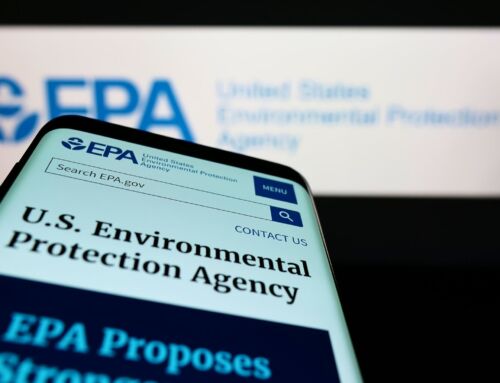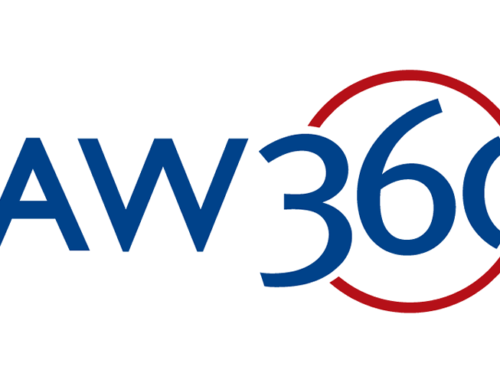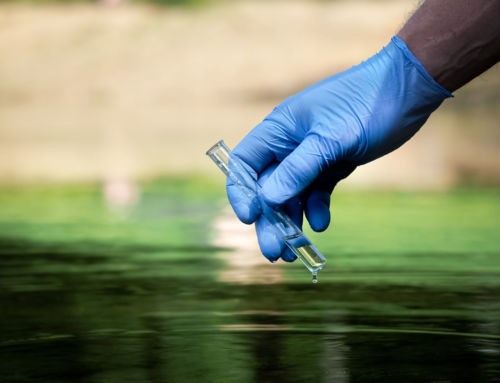Suit alleges PCBs manufactured by Monsanto contaminated the City’s stormwater system
SAN DIEGO – November 28, 2017 – On Wednesday, November 22, the City of San Diego defeated Monsanto’s motion to dismiss the City’s lawsuit alleging PCB contamination of the City’s stormwater system. The case, San Diego Unified Port District and City of San Diego v. Monsanto Company, et al., Case No. 3:2015cv00578, was originally filed on March 13, 2015. The City filed a separate, amended complaint on August 3, 2015, and filed a second amended complaint on November 28, 2016. The Court’s ruling defeats Monsanto’s motion to dismiss the City’s second amended complaint.
Judge William Q. Hayes in the Southern District of California ruled that the City provided sufficient facts to support its allegations that the City’s stormwater system was affected by the presence of PCBs produced by Monsanto. The motion to dismiss also noted that the City has alleged sufficient facts to support its claim that the PCB contamination has created a public nuisance, and that the filing was not impacted by any applicable statutes of limitations.
“We are incredibly pleased with this ruling which clearly and definitively states that the City of San Diego is moving towards trial to hold Monsanto responsible for polluting the City’s stormwater system,” said John Fiske of Baron & Budd, an attorney for the firm representing the City in the lawsuit. “Monsanto has refused to do the right thing for decades, and now it’s time for a jury to decide what’s just.”
In its lawsuit, the City of San Diego alleges PCBs manufactured by Monsanto have contaminated the City’s stormwater system, causing a public nuisance to the stormwater system and the dry-weather runoff management system, as well as to San Diego Bay. Due to the extent of Monsanto’s PCB contamination, the City of San Diego will spend millions of dollars to retrofit its stormwater and dry-weather runoff management systems to reduce, remove, and manage PCB contamination.
Monsanto was the sole U.S. manufacturer of PCBs from the 1930s to the 1970s when Congress banned the manufacture of PCB-containing products. Monsanto’s PCBs are toxic, cannot be contained to their original application, and remain in the environment. The chemicals are carcinogenic and can contaminate food supplies, including fish in San Diego Bay. In 2013, The State of California’s Office of Environmental Health Hazard Assessment issued a consumption advisory for San Diego Bay, recommending that residents avoid eating shiner perch and topsmelt caught in the Bay, and that children and women of childbearing age should also avoid eating any barred sand bass, spotted sand bass, yellowfin croaker, leopard shark, and gray smoothhound shark caught from the Bay.
The City is represented by Baron & Budd, P.C., a national law firm, and by Gomez Trial Attorneys, of San Diego, Calif. In addition to San Diego, the firms also represent the State of Washington, the Port of Portland, and the Cities of Long Beach, San Jose, Berkeley, Oakland, Portland, Seattle, and Spokane in litigation against Monsanto arising from PCB contamination of water supplies.
ABOUT BARON & BUDD, P.C.
The law firm of Baron & Budd, P.C., with offices in Dallas, Baton Rouge, New Orleans, Austin, Los Angeles, and San Diego, is a nationally recognized law firm with a nearly 40-year history of “Protecting What’s Right” for people, communities and businesses harmed by negligence. Baron & Budd’s size and resources enable the firm to take on large and complex cases. The firm represents individuals and government and business entities in areas as diverse as dangerous pharmaceuticals and medical devices, environmental contamination, the Gulf oil spill, financial fraud, overtime violations, deceptive advertising, automotive defects, trucking accidents, nursing home abuse, and asbestos-related illnesses such as mesothelioma.



